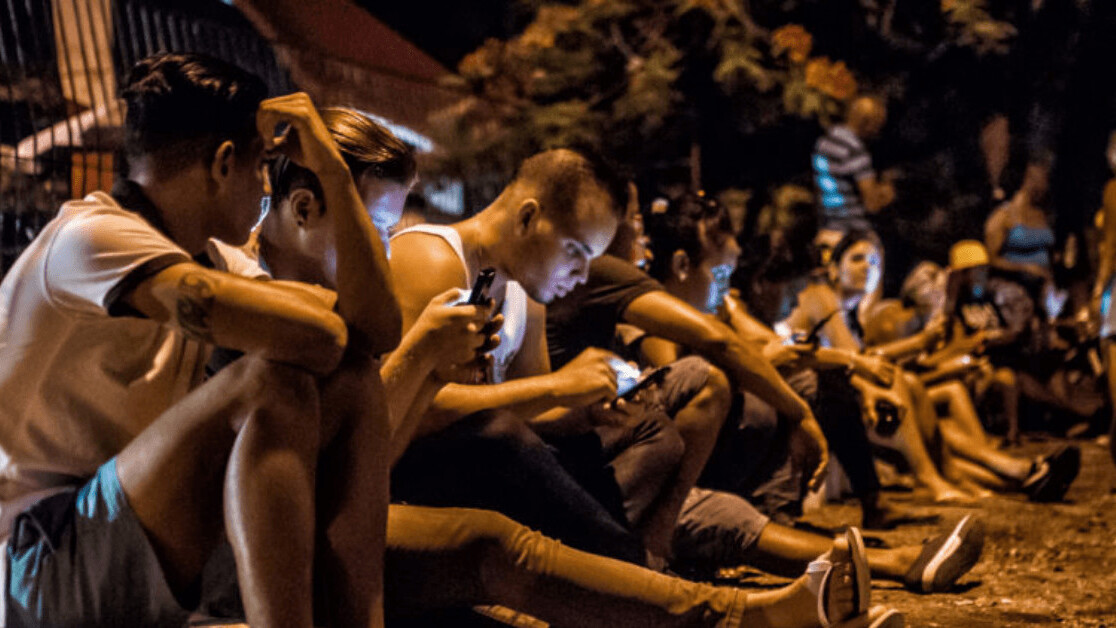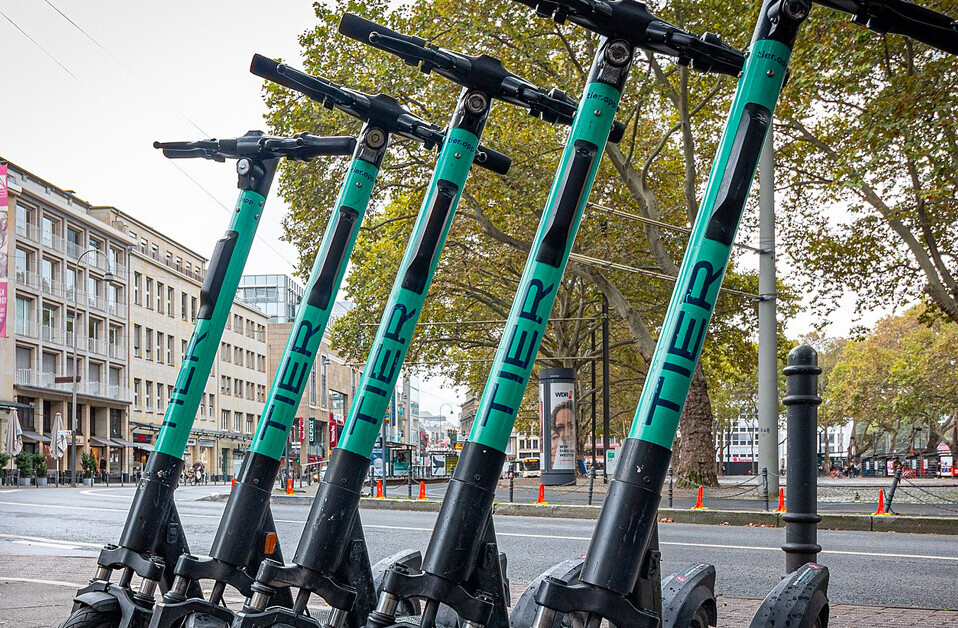
Fifty years is a long time, and especially so under imposed isolation. Cuba’s economic freeze from the international community may be starting to thaw but citizens’ conservative approach to resources is unlikely to alter. Cars can always be repaired and appliances always fixed on the island nation.
It is this mentality – this resolver – which is driving tech opportunities in the Communist state. The people of Cuba have spent the the better part of a century making do with what they have, and their unique approach is influencing a current wave of digital ingenuity.
Case in point: accommodation application Mi Cama. The platform is a service for Cubans by Cubans – allowing people to offer lodging options across the country to citizens who may not have enjoyed travel in their homeland before.
But there’s a twist: since internet in Cuba is relatively poor – with only 4.1 percent of homes connected and cellular data basically non-existent – Mi Cama lets users search the database of homes completely offline.
Most Cubans looking to send a tweet must connect must wait in long lines to purchase data for use at busy public internet points. This is not cheap however: ETECSA, the state-run service-provider, has a monopoly on the island and charges customers $1 per hour in a nation with an average monthly income of $30.
The Cuban government has established Wi-Fi zones across the nation: parks mostly, but a few hotels and stadiums too, totaling 725 in total across the island of 11.5 million inhabitants. These spaces are filled with teens on cell phones and grown men on laptops, forming a rare oasis of connection to the outside world.
To cope with this situation, Mi Cama founder and chief executive officer Rafael Martinez told Latin America Reports in a written statement that offline capabilities and the option to download from public internet were a must while developing the platform.
“Currently we’re in a situation where internet connectivity via mobile phones (3G) is limited,” he said. “Thus we are taking an approach that takes into account this reality and provides offline options. As 3G connectivity arrives next year, as the Cuban government has promised, we definitely take advantage to add features in our platform.”
Martinez said his platform is a way for Cubans to explore and experience the nation as they may not have before. Cubans are innovative and startups were bound to increase as the internet improved, he added.
“Within Cuba there are so many incredibly brilliant folks with the drive to do lots of things. My personal opinion is once greater internet access and bandwidth arrives it will be possible to unleash this potential and create new projects,” Martinez said.
The tech entrepreneur earmarked the potential for digital payments in the coming years – a development which could herald the emergence of new business technology in Cuba.
Mi Cama was a winner of the 10x10KCuba contest, which enabled participation at Stanford University’s business accelerator program. The increased awareness also saw Mi Cama present alongside fellow Cuban startup JYD Solutions, a website-managing service, at the Caribbean Pavilion at Techcrunch Disrupt San Francisco earlier this month.
It remains to be seen what the future holds for Cuba and its coming crop of digital startups, but the prospect for further innovations look brighter than ever.
The article was originally published on Latin America Reports by Jeffrey Kitt. Read the article here.
Get the TNW newsletter
Get the most important tech news in your inbox each week.





